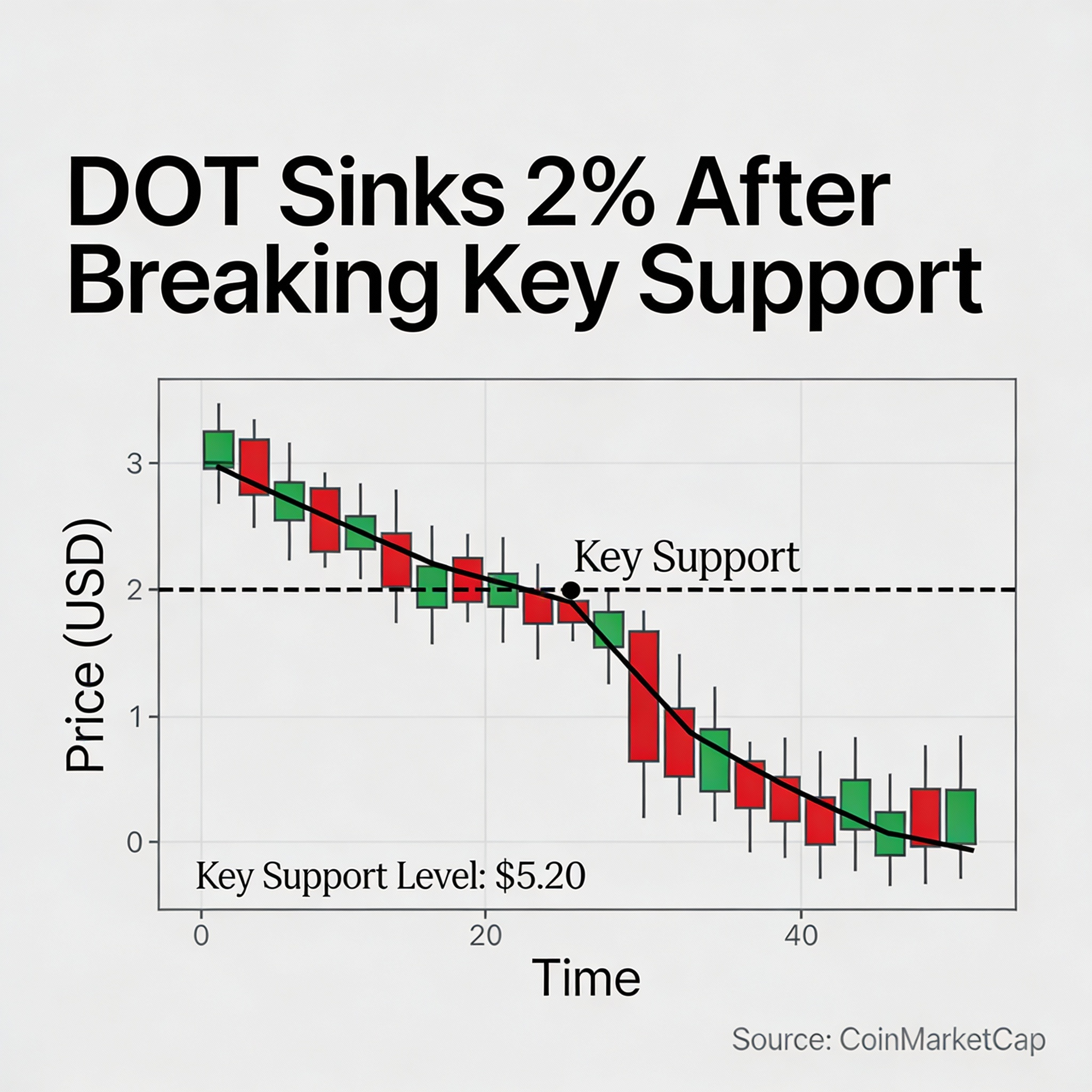Why BlackRock Is Sitting Out the Spot XRP ETF Race — For Now
Despite leading the charge on bitcoin and ether ETFs, BlackRock has made clear it has no current intention of filing for a spot XRP ETF — a decision that’s raising eyebrows in the crypto community.
The asset manager’s stance was reaffirmed Friday, just one day after Ripple Labs and the U.S. Securities and Exchange Commission jointly moved to drop appeals in their long-running legal battle. That development had sparked speculation that regulatory clarity could clear the way for XRP-based ETFs.
However, while firms like Grayscale, ProShares, and Bitwise have filed for XRP products since late 2024, BlackRock remains notably absent. Here are five likely reasons behind its calculated decision:
1. Client Demand Still Heavily Skewed Toward Bitcoin and Ether
BlackRock has consistently emphasized that its crypto product roadmap is guided by institutional demand. In March 2024, Robert Mitchnick, head of digital assets, said bitcoin dominates client interest, with only limited attention on ether — and virtually none beyond that.
“There’s a misconception we’ll roll out a broad set of crypto products,” Mitchnick noted at Bitcoin Investor Day. “For our clients, bitcoin is overwhelmingly the No. 1 focus.”
2. Lingering Regulatory Ambiguity
Even with XRP trading now considered legal on secondary markets, broader regulatory clarity around altcoins is still lacking. BlackRock has historically taken a cautious approach to new product classes and may prefer to wait until the SEC sets firmer guidelines for altcoin-based ETFs.
3. Crowded Field, Lower Margins
As of August 2025, at least seven asset managers have spot XRP ETF filings pending with the SEC. With the space already saturated — and no guarantee of approval — BlackRock may see limited value in entering a competitive race with uncertain upside.
4. Mismatch Between Community Hype and Institutional Reality
Despite strong grassroots enthusiasm, XRP’s current market dynamics may not justify the launch of a new ETF, especially from a cost-efficiency standpoint. While Polymarket odds put the chances of approval for a spot XRP ETF in 2025 at 77%, BlackRock is known for relying on internal data and long-term models, not community sentiment.
5. XRP’s Market Strength Lies Outside BlackRock’s Core Focus
A large portion of XRP’s volume comes from Asia — regions where BlackRock’s ETF distribution channels are less dominant. The firm is more likely to focus on jurisdictions and assets with deeper institutional penetration and regulatory alignment.
At press time, XRP was trading around $3.1852, down nearly 4% on the day, according to CoinDesk data.





